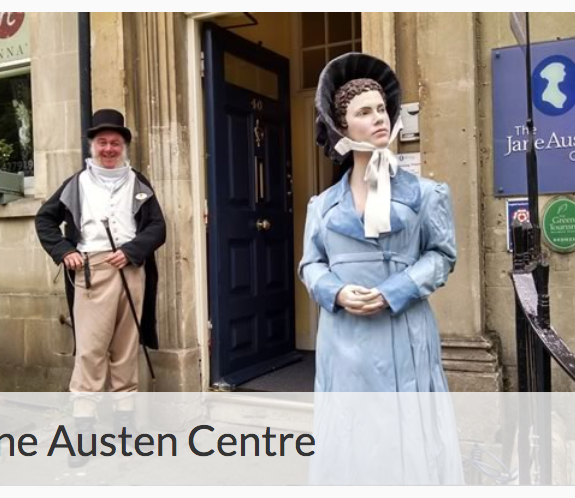In life, Jane Austen enjoyed a close relationship with her father. After his death, Austen wrote these words to her brother Francis: “His tenderness as a father, who can do justice to?” (Austen-Leigh 18). She refers to him as “an excellent Father” and writes of “the sweet, benevolent smile which always distinguished him” (144).
But what of the fathers in Austen’s novels? Some show exemplary characteristics, while others leave much to be desired.
In Persuasion, Austen describes Sir Walter Elliot as “a conceited, silly father” (5). She calls him a “foolish, spendthrift baronet, who had not had principle or sense enough to maintain himself in the situation in which Providence had placed him” (248). He is more interested in his reflection in the mirror than in fathering his three daughters.
In Northanger Abbey, General Tilney runs a tight ship (pun intended) and dislikes delays. Walks cannot be put off because he is “hurried for time” and mealtimes must be punctual. In one scene, he is “impatient when his eldest son is late.” He expresses “displeasure . . . at his laziness” when he finally comes down to breakfast (154). In another scene, General Tilney is described as “pacing the drawing-room, his watch in his hand, and having, on the very instant of their entering, pulled the bell with violence, ordered ‘Dinner to be on table directly!’” (165).
In the Bennet household, Mr. Bennet prefers the quiet of his library to the daily activities of family life. “In his library he had been always sure of leisure and tranquillity; and though prepared, as he told Elizabeth, to meet with folly and conceit in every other room of the house, he was used to be free from them there” (71).
For the rest of my article and a Jane Austen Father’s Day Quiz, click here.
For more about Jane Austen and classic literature, see my other articles here.









Leave a Reply